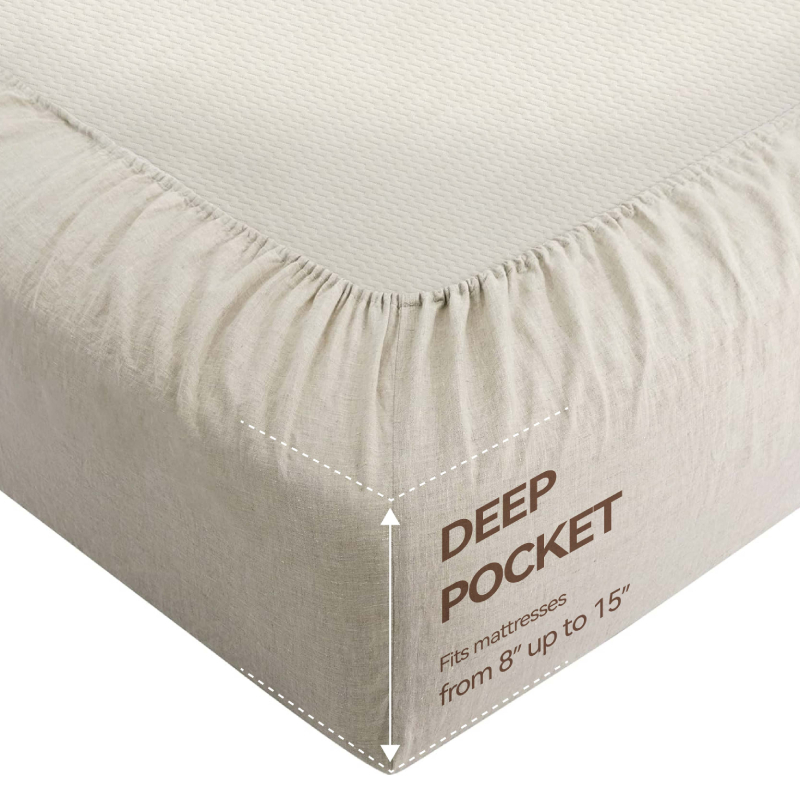Choosing the Best Cloth Towels for Your Home and Everyday Needs A Comprehensive Guide
The Versatility and Benefits of Cloth Towels
Cloth towels have been a staple in households and businesses for centuries. Unlike their disposable counterparts, cloth towels offer a sustainable and economical solution for a variety of tasks, from drying hands to cleaning surfaces. Their versatility, durability, and ease of use make them an essential item in any kitchen, bathroom, or workshop.
One of the primary advantages of cloth towels is their environmental impact. With increasing awareness of sustainability, many consumers are shifting away from single-use paper towels which contribute to deforestation and landfill waste. Cloth towels provide a reusable alternative that significantly reduces waste. By opting for cloth, individuals can lower their ecological footprint, promote recycling, and contribute to a healthier planet.
In addition to their environmental benefits, cloth towels are cost-effective. While the initial investment may be higher than purchasing a pack of paper towels, cloth towels can last for years with proper care. They can be washed and reused countless times, ultimately saving money over time. This durability makes them especially appealing for businesses such as restaurants and hotels, where operational costs must be managed carefully.
Cloth towels come in a variety of materials, including cotton, linen, and microfiber. Each fabric type has its unique characteristics that can cater to different needs. For instance, cotton towels are absorbent and soft, making them ideal for drying hands and faces. Linen towels, on the other hand, are highly absorbent and dry quickly, making them perfect for kitchen use. Microfiber towels are another popular option due to their exceptional cleaning properties; they can trap dirt and grime effectively, making them a favorite for household cleaning tasks.
cloth towels

In the kitchen, cloth towels serve a myriad of purposes. From drying dishes and wiping spills to covering dough, they are invaluable tools for cooking and baking. Many chefs prefer cloth towels for their effectiveness and level of absorbency compared to paper towels. Furthermore, they can also be used as an eco-friendly alternative for wrapping food items, ensuring freshness without the waste associated with plastic wrap or aluminum foil.
In addition to their practical uses, cloth towels also play a significant role in hygiene. Regular washing of cloth towels helps eliminate bacteria and prevents the spread of germs. This is particularly important in bathrooms and kitchens, where cleanliness is paramount. By using cloth towels, households can enforce better cleaning habits while reducing exposure to harmful pathogens often found on discarded paper products.
While the benefits of cloth towels are evident, it is essential to maintain them properly to ensure their longevity and effectiveness. Regular washing with detergent and hot water is necessary to keep them clean, and air drying or tumble drying on low heat will help preserve the fabric's quality. It is advisable to have a designated set of towels for different tasks—such as kitchen use, bathroom use, and cleaning—to prevent cross-contamination.
In conclusion, cloth towels are not just a practical household item; they encompass a range of benefits that positively impact both the environment and our daily lives. Their versatility, sustainability, and cost-effectiveness make them an ideal choice for consumers looking to make environmentally conscious decisions. By integrating cloth towels into daily routines, we can contribute to a greener future while enjoying the numerous advantages they bring to our homes and businesses. As we continue to navigate a world filled with disposable products, cloth towels remain a timeless, smart alternative that stands the test of time.
-
Creating a Spa Day with Plush Waffle Bath RobesNewsAug.14, 2025
-
How to Cut Linen Maintenance Costs by 30% with Proper Polycotton IroningNewsAug.11, 2025
-
Elevating Comfort and Quality with the Right Bed LinenNewsJul.07, 2025
-
Bedding Essentials: From Percale Sheets to White Quilts, Finding Your Perfect Sleep HavenNewsJul.07, 2025
-
Choosing the Right Bedding for a Comfortable and Stylish BedroomNewsJul.07, 2025
-
Understanding the Diverse World of Towel TypesNewsMay.29, 2025
-
The Ultimate Comfort: Discover the Benefits of Polycotton SheetsNewsMay.29, 2025






